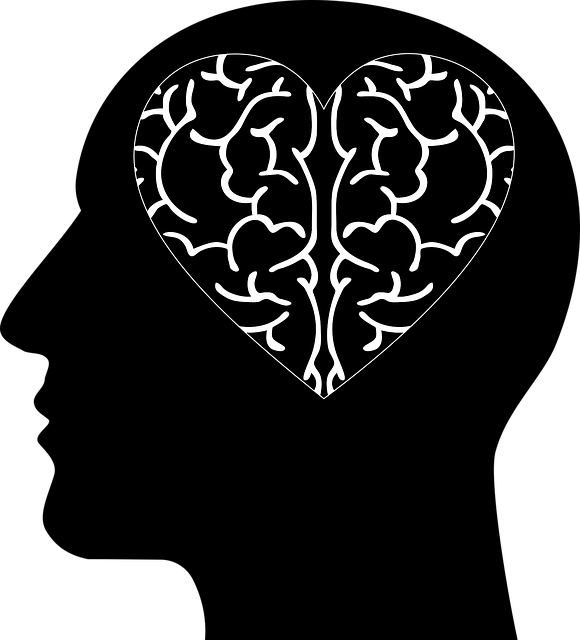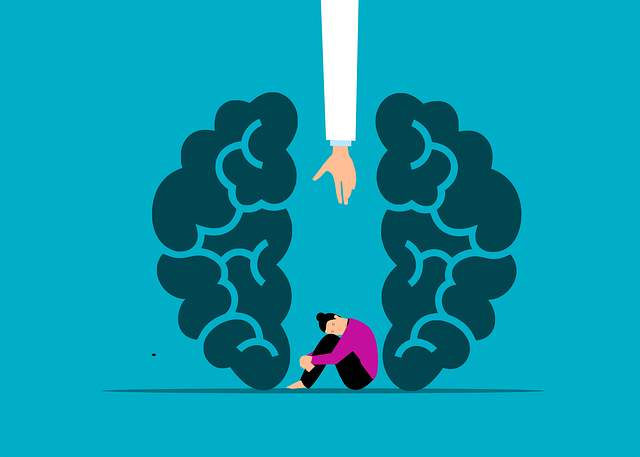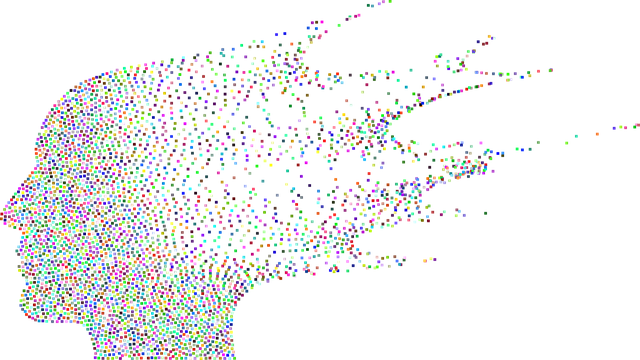Mental health apps leveraging Denver EMDR Therapy, an evidence-based approach, provide accessible and personalized support for stress, anxiety, and trauma through features like Mindfulness Meditation. These apps promote self-esteem improvement, track progress, and offer on-the-go crisis intervention, empowering users to manage their mental wellness in a busy world. By prioritizing user privacy, cultural sensitivity, and engagement tools like meditation guides, they enhance emotional well-being significantly.
Mental wellness apps have emerged as powerful tools in addressing growing mental health challenges. As demand for accessible therapeutic solutions increases, understanding the unique needs of users is crucial. This article explores how Denver EMDR Therapy, an evidence-based approach, can guide app development. We delve into key features and design considerations that enhance user experience, ensuring effective support for emotional well-being. By integrating innovative techniques with thoughtful app design, mental wellness apps have the potential to revolutionize access to care.
- Understanding Mental Health Challenges and the Role of Apps
- Denver EMDR Therapy: An Innovative Approach for App Development
- Key Features and Design Considerations for Effective Mental Wellness Apps
Understanding Mental Health Challenges and the Role of Apps

Mental health challenges are prevalent in today’s fast-paced world, with many individuals struggling to find effective support and coping mechanisms. Apps for mental wellness have emerged as a game-changer, offering accessible tools for managing stress, anxiety, and other common issues. These digital platforms can provide personalized guidance and support, catering to diverse user needs.
In the context of Denver EMDR Therapy, an evidence-based approach to treating trauma and emotional distress, apps can facilitate Coping Skills Development. They often incorporate features like Mindfulness Meditation practices, which have been proven to reduce symptoms of depression and anxiety. Additionally, they promote Self-Esteem Improvement through interactive exercises and track progress over time, fostering a sense of accomplishment and empowerment among users.
Denver EMDR Therapy: An Innovative Approach for App Development

Denver EMDR Therapy is a groundbreaking approach that has been gaining traction in the world of mental wellness app development. This innovative therapy, which stands for Eye Movement Desensitization and Reprocessing, offers a unique and effective method to address trauma and enhance emotional well-being. By combining guided eye movements with cognitive therapy, Denver EMDR provides users with powerful tools to process and heal from past traumatic experiences.
Apps incorporating Denver EMDR Therapy offer a digital space for individuals to access crisis intervention guidance and develop inner strength. Through interactive exercises, these apps facilitate the reprocessing of distressing memories, helping users to reframe their thoughts and reduce the intensity of associated emotions. By integrating evidence-based techniques such as this into mobile mental health solutions, developers are promoting emotional well-being promotion techniques that cater to modern lifestyles, making accessible resources for those seeking support on-the-go.
Key Features and Design Considerations for Effective Mental Wellness Apps

Mental wellness apps have emerged as a powerful tool to support individuals’ emotional well-being and access therapeutic services conveniently. When designing an effective mental wellness app, several key features and design considerations come into play. Firstly, incorporating evidence-based practices such as Denver EMDR Therapy can significantly enhance its therapeutic value. This therapy method has proven successful in treating various mental health conditions, so integrating it seamlessly into the app’s functionality ensures users receive professional-level support.
Additionally, prioritizing user privacy and data security is paramount. Features like encrypted data storage, secure login systems, and anonymous usage options cater to users’ concerns about sharing personal information. Another vital aspect is cultural sensitivity, ensuring the app respects diverse backgrounds and beliefs. Incorporating tools for self-care practices, such as meditation guides or mood tracking, allows users to take an active role in their mental wellness journey while providing a holistic approach to healthcare.
The development of mental wellness apps, particularly incorporating innovative approaches like Denver EMDR Therapy, holds immense potential to address growing mental health challenges. By integrating evidence-based practices and user-centric design, these apps can provide accessible and personalized support. Key features such as mindfulness exercises, cognitive behavioral therapy techniques, and secure data privacy are essential components for effective mental wellness apps. As technology advances, developers have an opportunity to create game-changing tools that enhance mental well-being on a global scale.














